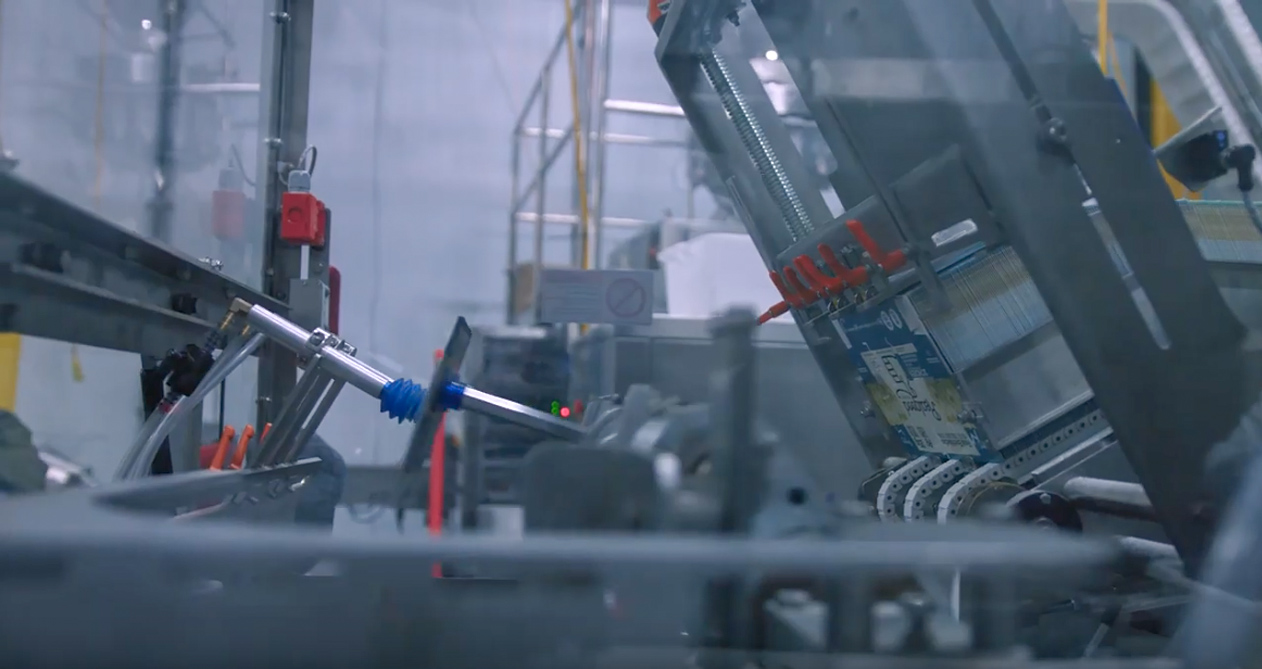Articles & Videos
Asset-based Lending – Fact or Fiction

Asset-based lending has been around for a long time and is a very popular way to improve working capital for businesses that aren’t able to access traditional financing or need a cash injection quickly. It’s still a little bit misunderstood and this could be in part because the terminology around it isn’t very clear but also, there are a lot of myths that get circulated.
As with any financial product, it’s better to have all the information on how it works so that you can make an informed decision as to whether it’s right for you and your business. So what are the facts and fiction around asset-based lending?
Asset-based loans are expensive
There are a broad range of financial companies that offer asset-based financing and interest rates and can vary greatly depending on the company, their financials, future viability and risk. It’s also common for lenders to add fees for things such as auditing and due diligence so check whether these might apply before entering into anything. With a loan that is secured on the collateral of the business, the risk to the lender is lessened and interest rates should therefore be more favorable than an unsecured loan. Asset-based loans can often prove much less expensive than venture capital or equity financing for new companies.
Asset-based lending is too inflexible for my business
Generally asset-based lenders have more flexibility than a traditional bank with them focusing more on the quality of the collateral being used for the loan and less on credit rating. Banks have complex internal standards and layers of processes that you have to work through which can mean a longer wait for your funds whilst they maintain regulatory standards. Many companies will opt for an asset-based loan over a bank loan, simply because there are typically less covenants with an asset-based lender and you don’t have to worry about being reviewed every month or quarter to determine whether you still fit within the ever-changing lending parameters of the bank. It is in the company’s interest to monitor the appreciation of assets if you want to be able to extend borrowing capacity as the collateral base grows.
Asset-based lending is the same as accounts receivable financing
No it’s not the same as A/R financing but it is a type of AR financing in the way that one kind of collateral (asset) that can be used to secure asset-based finance is your accounts receivable; invoices where the goods or services have been supplied by you but the invoices have not yet been paid by your customers or debtors. Some of the other collateral that can be used to secure asset-based lending are your business’ inventory, equipment and property.
Asset-based lending is only suitable for small businesses
Asset-based lending can work for any size business that has physical assets of value and might need a cash injection quickly for some reason; this could be an unexpected expense like needing to purchase new equipment, winning new business and needing to pay a deposit on supplies, taking on new staff or launching a new product. All these eventualities can put a strain on your working capital. For a bigger business, asset-based finance can enable the opportunity for enormous growth, providing the capital required for the acquisition of another company for example and taking away cash flow constraints, allowing you to focus on the growth of the company.
If I’m a startup or new business, I won’t qualify for asset-based funding
This is not necessarily true. If you have assets (physical and / or accounts receivables and purchase orders) then you can potentially finance against those assets. There are advantages to using asset-based loans over traditional bank loans for a fast-growing business that has a positive forecast – the main one being that the funding is secured against your assets and no one gets a share in your growing business. Even with the healthiest forecast, a bank will normally require two to three years of financials before you can apply for a loan. Although cheaper and more accessible, this insight from the CFO of ‘Cluno’, a fast-growing tech-startup, talks about asset-based financing being under-utilized by startups.
I already have financing with a bank so I can’t have a separate asset-based loan
Asset-based loans are often used to complement a traditional banking arrangement. Just because you’ve exhausted your options with your bank doesn’t mean your business won’t be a good candidate for an asset-backed loan.
An asset-based loan will affect my personal credit rating
No, business loans taken out against your assets will not affect your personal credit rating.
Certain industries aren’t able to secure asset-based finance
This type of financing will be particularly suited to industries with high capital expenditure such as manufacturers, wholesalers and distributors and business services. These industries tend to have seasonal trading cycles which stifle cash flow. The companies themselves need to carry assets on their balance sheet and will be able to attract a higher advance rate if those are liquid assets.
Is ABL for you?
Whether you’re growing rapidly, have seasonal fluctuations in business or just need to invest in that new equipment to secure your next contract, asset-based lending can give you the working capital needed to achieve your goals. We work to understand your business in detail and tailor financial solutions to your best interests.
To find out more about asset-based lending or other flexible funding options Sallyport can offer for your business, reach out to our specialists today.
Search
News
$1M Funding Fuels Agri-Business Growth Across Borders
Sallyport is pleased to announce a new partnership with a Canadian agriculture business, providing a $1,000,000 Accounts Receivable facility to…
Read MoreFueling EdTech Growth with $5.5M in Tailored Financing
Sallyport is excited to support a forward-thinking education technology company with a $5.5M combined Asset-Based Lending facility, including Accounts Receivable…
Read MoreArticles
What are the Biggest Risks to Business in 2021 and Beyond
If this was asked at this point last year, the response would be in major contrast as to the biggest…
Read MoreHealth and Wellness – What’s Driving the Feel Good Factor?
If there was anything good to come out of the last couple of years, maybe it’s that people are prioritizing…
Read MoreVideos
Popkoffs Client Testimonial
Popkoffs Client Testimonial
View NowWhat is Factoring?
Here we explain what exactly factoring is and how we can help your cash flow…
View Now



